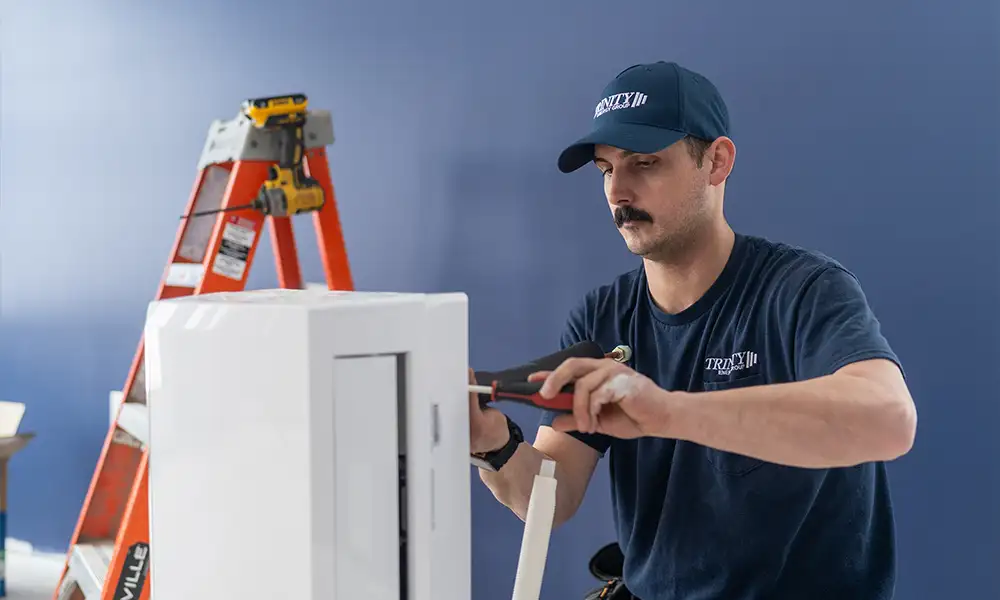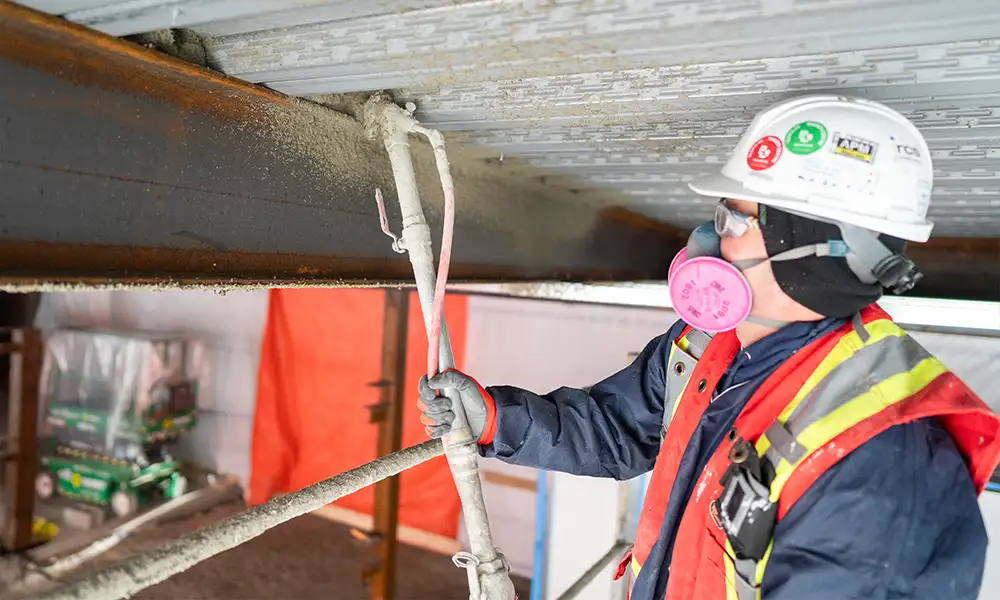Leading the Way in Building Energy Solutions for Atlantic Canadians
Our trusted team of specialists will transform your home or commercial building into an energy-efficient, comfortable, and safe space you can enjoy for years to come.
Rooted in Rural Community
We Stand Behind our Work
Trained, Certified & Licensed Professionals
One-Stop Energy Efficiency Shop
Residential Services
You Deserve a Safe, Comfortable and Energy-Efficient Home
We’ll help you find the right energy system solution for your needs so you can save money and fully enjoy your home no matter what the temperature outside.

Top-quality ducted and ductless heat pumps for year-round comfort.
Access free installation programs and get an energy audit.
Keep the elements out of your home with a protective outer shell.
Create a warm blanket for your home and fireproof it.

Commercial Services
Get Your Project Across the Finish Line on Time, On Budget, and To Code.
Our team of building envelope specialists will help bring your vision into reality.
Protect against fire with a cementitious or intumescent fireproofing system.
Long-lasting protection against moisture intrusion.
Create a protective building envelope with spray foam or cellulose insulation.
